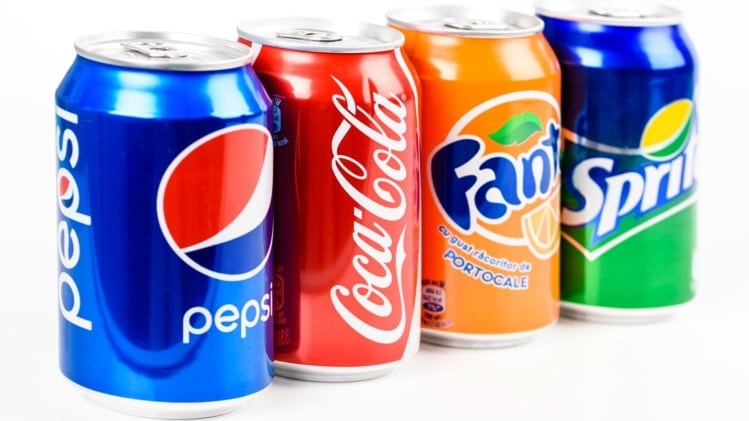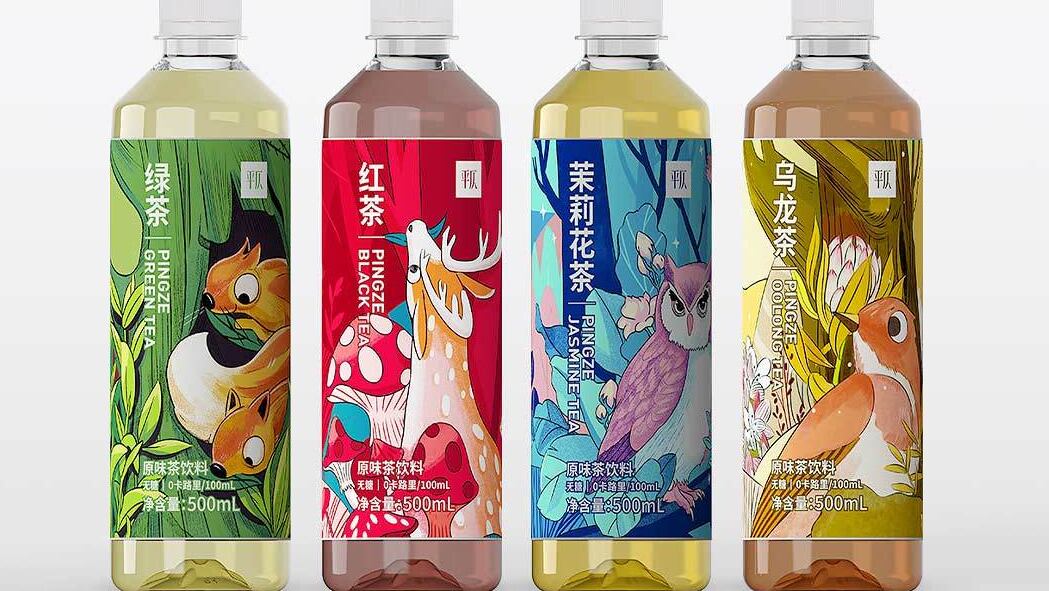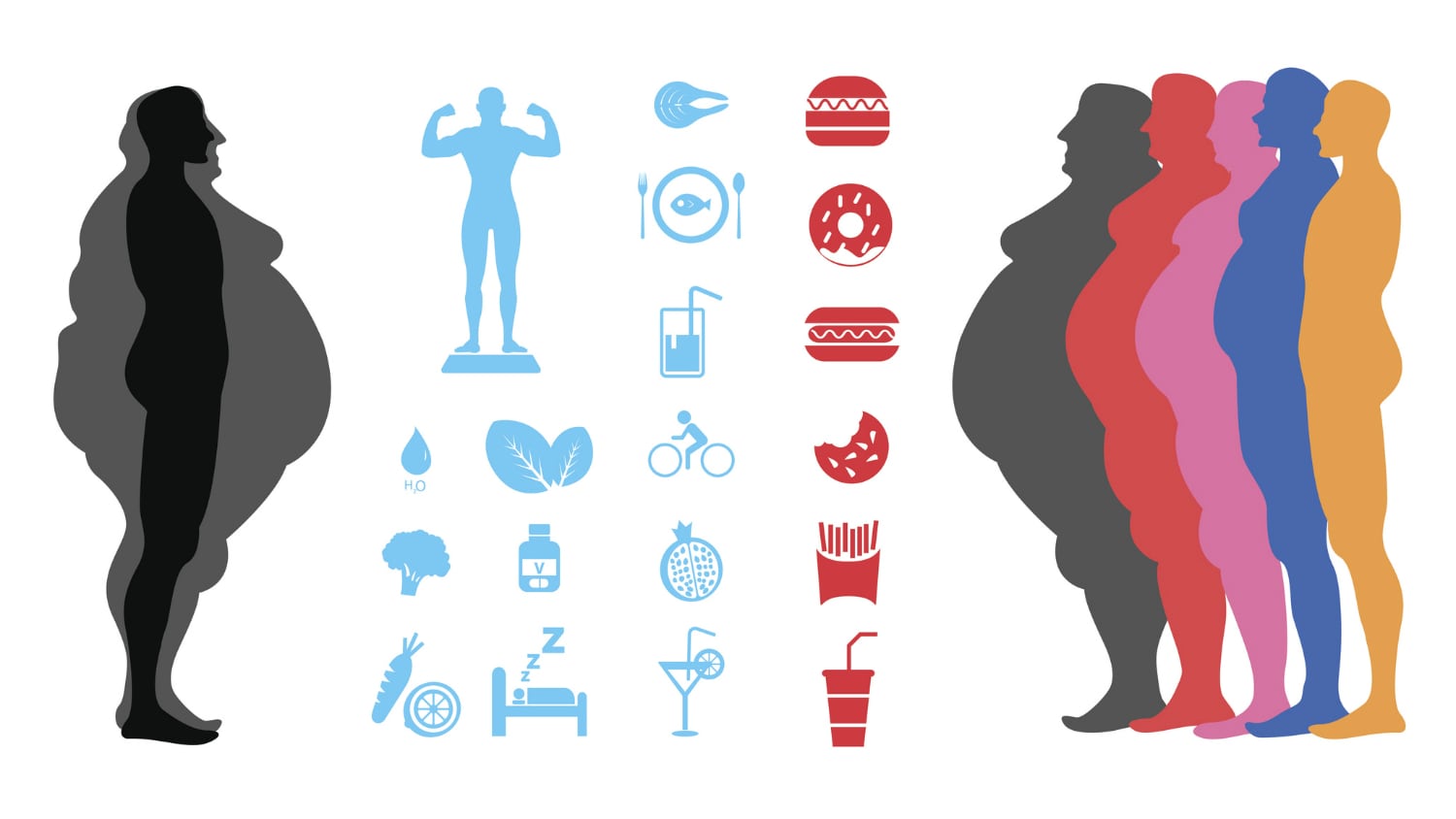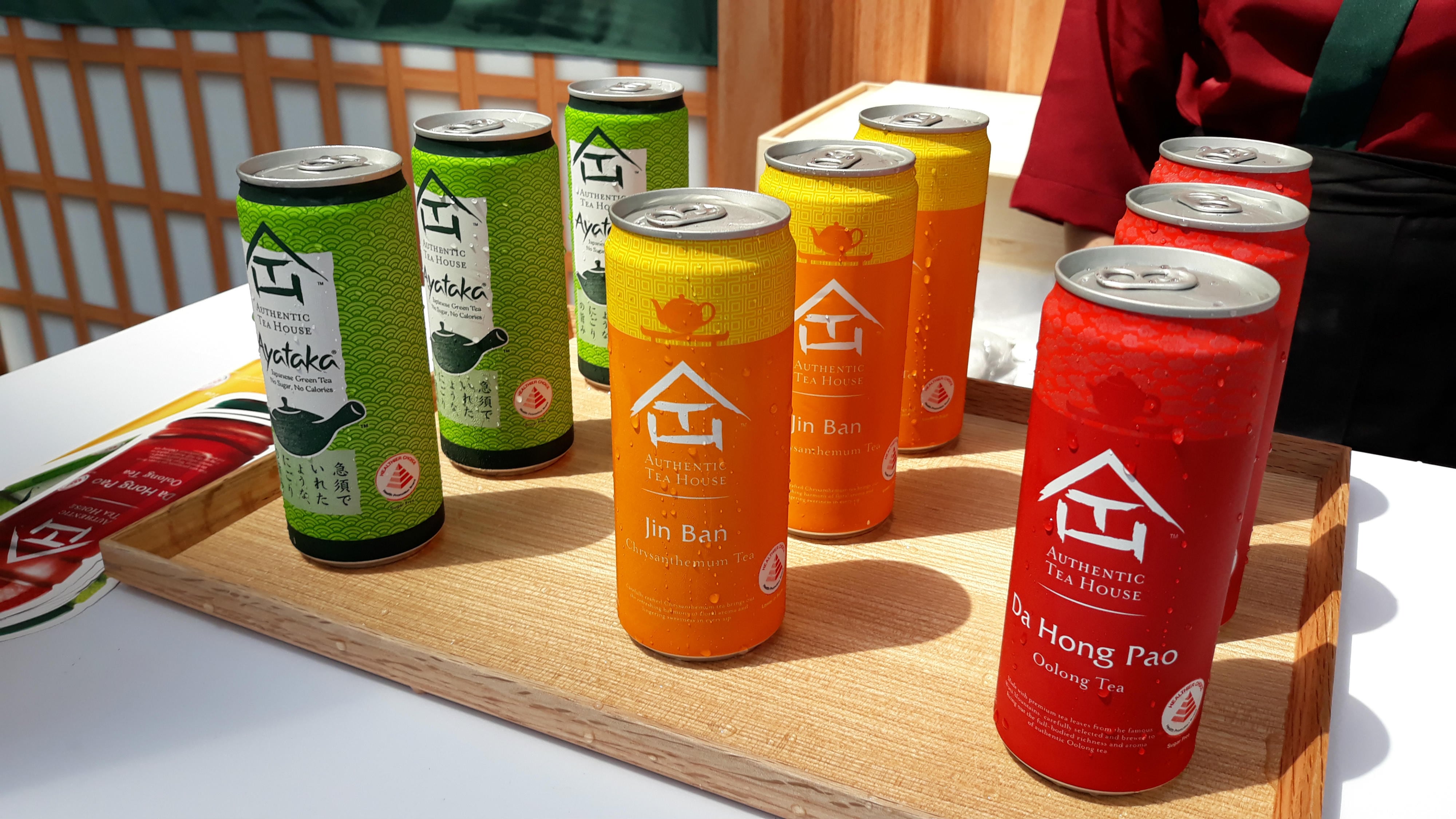The study focused on the use of tax and subsidy messages to highlight price differences in beverage vending machine products.
It found that suggesting both ‘tax for high-sugar beverages’ and ‘subsidy for low-sugar beverages’ yielded no significant effect on consumer choice.
The study was published in the International Journal of Behavioural Nutrition and Physical Activity . It was conducted as a randomised crossover trial on the National University of Singapore campus.
The researchers placed 21 beverage vending machines on campus, using these to implement either a ‘tax message’ on high-sugar beverages, a ‘subsidy message’ on low-sugar options, or no message.
Each message was presented for three weeks, and product prices remained the same throughout the study, with low-sugar options priced around 10% lower than the corresponding high-sugar ones.
Across the 11-week study, the percentage of high-sugar beverages sold was 53% during the tax message presentation, 54% during the subsidy message and 54% when no message was presented. Researchers thus concluded that there was no significant difference in high-sugar drink purchase during each situation.
The Singapore government has been actively pursuing avenues of reducing public sugar consumption, with various initiatives already implemented. Discussions around imposing a sugar tax were still ongoing this year, although no mention was made in its Budget 2018.
Sugar taxes have been implemented in several other Asian countries, but with mixed results.
Why minimal impact?
The authors of the study attributed these results to consumer cravings for particular products, akin to an ‘addiction’.
“When consumers are ‘addicted’, the price elasticity of the beverage will tend to be lower i.e. change in beverage prices are less likely to have a pronounced effect on the consumption demand,” they stated.
Brand loyalty and strategic marketing were also noted as strong consumer influences.
Beverage choices
Attaching warning labels cautioning the consequences of high sugar intake to high-sugar drinks may be a more effective measure – but much harder to implement, according to the researcher.
“Implementation of such warning labels in the real-world setting might be challenging due to strong opposition from the SSB (sugar-sweetened beverages) and sugar industries,” they wrote.
Currently, around 60% of Singaporeans’ total sugar intake comes from SSBs, according to numbers from the Singapore Ministry of Health.
Additionally, the nation’s average added sugar intake is 12 teaspoons per day, which is above the national recommended guideline of eight to 11 teaspoons.
As such, Singapore is one of Asia’s most proactive nations in terms of reducing public sugar consumption and pursuing healthy lifestyles.
Various initiatives to reduce sugar intake are already in place. The Whole-Of-Government Healthier Drinks Policy, where all drinks sold or provided at government premises must contain lower or no sugar according to government policy.
The Healthier Choice Symbol Programme targets manufacturers, and involves voluntary front-of-pack labelling. Manufacturers must comply with sugar content criteria before applying for eligibility to carry the Healthier Choice symbol on their products.
Moving forward
Further study may still be needed to expand these findings to a wider setting.
According to the authors: “The messages in our study were not crafted to target the beliefs or values of a specific group of individuals, which has been suggested to be more effective in promoting behavioural change.”
Future studies should combine “sales data collection with a qualitative study exploring key target groups’ perceptions and behavioural intent towards SSB consumption,” they concluded.
Source: PMC
https://dx.doi.org/10.1186%2Fs12966-018-0711-3
“Impact of tax and subsidy framed messages on high- and lower-sugar beverages sold in vending machines: a randomized crossover trial”
Authors: Seah, Sharna Si Ying, et. al.





